News Archive
2015
-
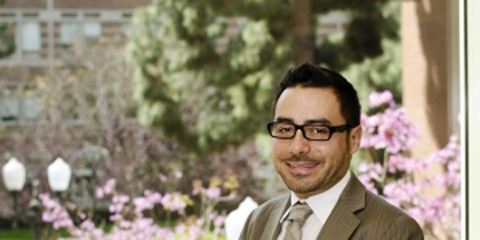
Growing up near some of Mexico City’s rougher neighborhoods, Erick Guerrero became intrigued by the people he frequently saw hanging around on the corners smoking marijuana and drinking alcohol. Despite a certain level of stigma about their behavior, Guerrero noticed a sense of normalcy and acceptance by community members. These people, who were tied to the community through family, friends, or informal work, publicly displayed their struggle with addiction and mental health issues.
-
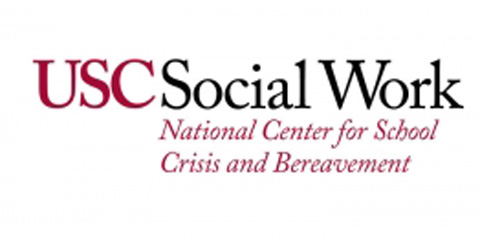
The University of Southern California School of Social Work announced today the National Center for School Crisis and Bereavement (NCSCB) will now be housed at the school. The renowned center is one of the leading organizations in the U.S. providing comprehensive crisis and bereavement resources and training to educators, school systems, governmental agencies and community organizations.
-
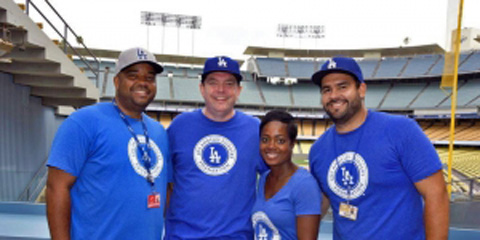
James Lopez is living every baseball fan’s dream. Through his second-year Master of Social Work internship with the Los Angeles Dodgers Foundation, he walks the field, meets players, and a few times a week, stops by the stadium for work.
-
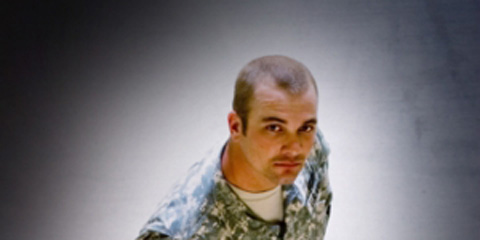
The ground-breaking research conducted by the USC School of Social Work’s military center on local veteran transition challenges will now be able to help veterans outside of Southern California thanks to a $316,000 grant aimed at replicating the study in Chicago.
-
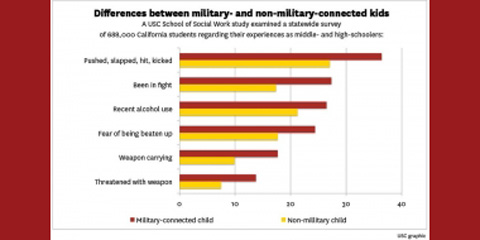
Growing up in a military family during times of war puts a sizable proportion of children at a greater risk for a wide range of negative outcomes – drug use, being bullied or carrying a weapon to school – compared to their nonmilitary peers, according to a new study which appears this month in JAMA Pediatrics.
-

Every year during fall Orientation Week at USC, the USC School of Social Work welcomes its new Master of Social Work students with a unique community outreach experience. Students spend two days in Community Immersion exploring the varied neighborhoods of Southern California and then take time to reflect on those experiences, readying themselves for what’s to come in their social work educational careers by examining the societal factors that shape a community.
Here MSW student Janet Bayramyan shares what she learned last fall while touring downtown Los Angeles.
-

Program will be offered by the newly created Department of Nursing
The USC School of Social Work announced today plans to develop an online Master of Science in Nursing (MSN) for aspiring family nurse practitioners (FNPs). Program graduates will help meet the increasing nationwide demand for advanced practice nurses in primary care settings.
-
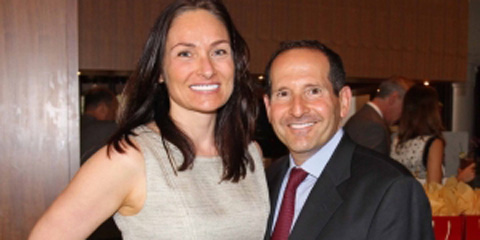
Philanthropists Paul Blavin and Dwight Tate have joined the USC School of Social Work’s Board of Councilors.
Blavin, who has a background in investment banking, is a passionate proponent of social change. His interest in helping foster youth and those who have aged out of the system drew him to the School of Social Work.
“I felt like I needed to reach out and learn more about the school that was training people to help serve underserved youth,” he said.
“We need to help people who need it most.”
-
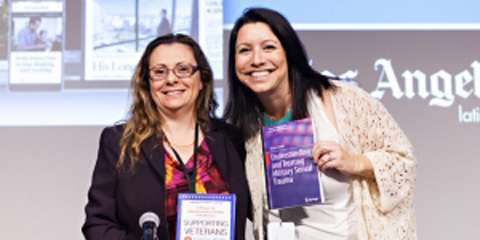
A new book by a USC professor provides historical and cultural context, along with recommended changes to policy and clinical practice, to help stem the epidemic of sexual trauma in the military.
Believed to be the first social work text to address the topic of military sexual trauma, Kristen Zaleski’s Understanding and Treating Military Sexual Trauma aims to fill a gap in resources she herself noticed when she first started treating veterans.
-
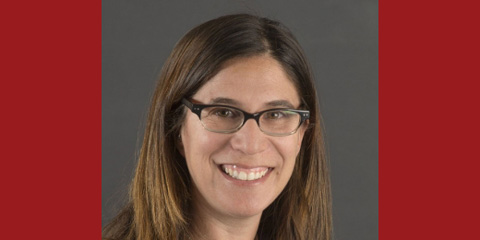
Your silent teenager won’t look up from texting. Your not-so-silent one screams in your face, “I wish I was never born!” Either way, you might be wondering if you’re doing this parenting thing right. For USC’s Julie Cederbaum, the answers require taking a look at the bigger picture.
Healthy households grapple with teen angst holistically, says Cederbaum, assistant professor in the USC School of Social Work. That could mean counseling—for everyone in the family.